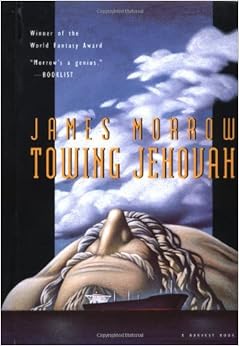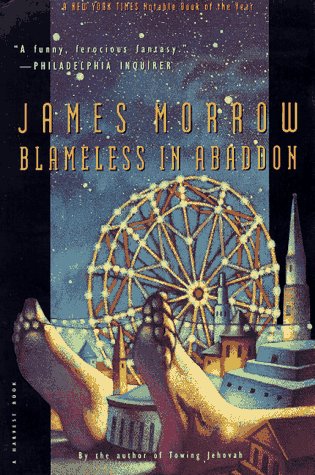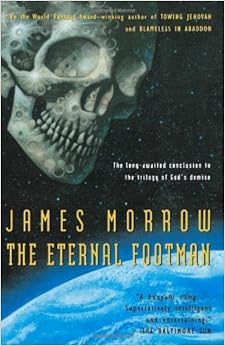This I don't know a good answer for. I'm still working on this question, well the direction it's going in. If there are no people, does morality cease to exist? That kind of creation and destruction would be hard to swallow in my opinion. I'm still digesting, heheheee

Sorry, I'm really tired. I'm actually going to bed after this comment. I mean it this time, haha.
Because our actions are constituting the game, does that mean if there are no agents that the game doesn't exist? Well, I
THINK yes,
BUT I don't think this is a problem. I can't remember now who was talking about it, and I don't fully understand the idea so I can't explain it very well right now, but the idea is that we only need a conceptual possibility of an agent. Something like a counterfactual will establish moral truth, just not metaphysical existence. It's a very weird result, i'm not sure what it means yet. So it's like imagine a universe exactly like ours, but there are no agents. Now, were it such that agents existed, would morality exist? Yes. So, in such a case, what is the moral truth? We can answer that question with this framework. We don't need a "the morality" or a "the moral value" to establish moral truth, and that is the important feature we need (arguable, and between you and me, I would complain here

). Perhaps this is just all we need? I don't know. Excuse the back and forth here, lol.
...I just lost my train of thought....I was playing with my lamp. I'm going to bed, lol. If I didn't answer the question, I'll get back to it later. Sorry man. Goodnight!


 ). Perhaps this is just all we need? I don't know. Excuse the back and forth here, lol.
). Perhaps this is just all we need? I don't know. Excuse the back and forth here, lol. 



